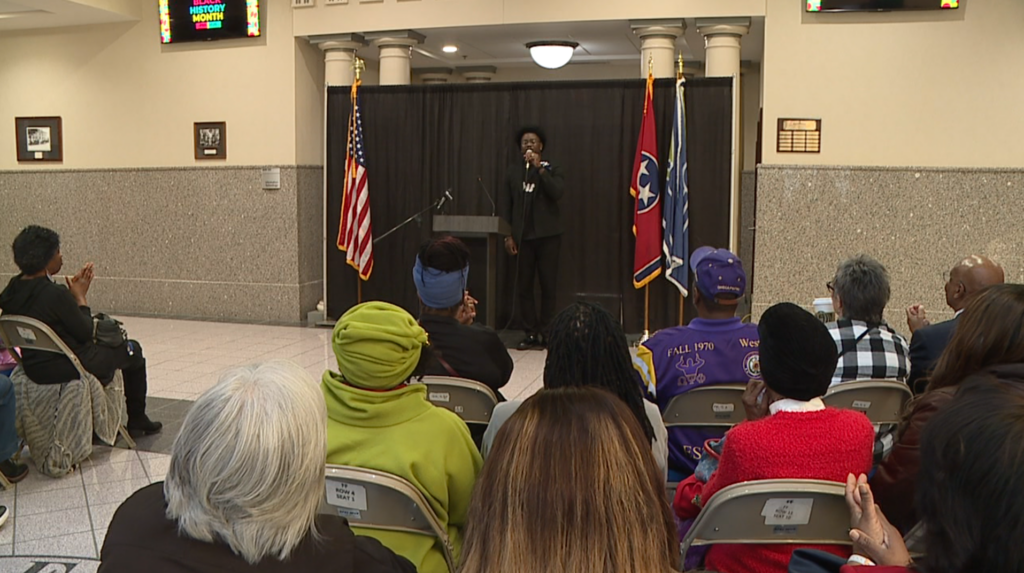What the Tech: AI slop
If your Facebook feed feels like it is flooded with strange photos, weird headlines, and posts that just seem off, you are not imagining things. A new kind of junk content is taking over social media, and it is being called AI slop.
AI slop is the name given to low-quality or completely fake content created by artificial intelligence. These posts often use synthetic images, made-up quotes, or AI-written articles. Some are silly. Others are manipulative, pushing scams, political propaganda, or misleading health claims.
One of the most viral examples this year showed Shaquille O’Neal crying at Magic Johnson’s hospital bedside with the headline “Magic is dying.” But Magic Johnson is fine. The photo was fake, generated by AI, and still shared thousands of times.
Another AI-generated image showed country singer Carrie Underwood appearing to scream at Whoopi Goldberg. That never happened either. But it was shared widely and had the potential to stir division.
On Pinterest, entire communities around houseplants and home design have been overtaken by AI-generated images and advice. Some posts even link to fake stores selling products that do not exist. While Pinterest says AI content is still a small portion of the platform, some users claim their feeds are almost entirely synthetic.
Spotify had its own version of AI slop when a fictional band called Desert Sunset released songs, album art, and fake promotional photos, all created with artificial intelligence. The music racked up more than a million plays before listeners realized the band did not exist.
A study from the Stanford Internet Observatory found that Facebook’s algorithm often promotes pages filled with AI-generated images and long-form posts. Many of these are shared thousands of times before users realize they are not authentic.
Rachanda Hall, an AI strategist, says this flood of fake content creates a bigger problem: people begin to doubt what is real. “There are people who are so, they believe there are so many untruths out there, that when you start telling them the truth, they don’t believe it.”
This is known as the liar’s dividend. The theory is that when people are overwhelmed by false information, they stop trusting anything. Even real news, real photos, or video can be dismissed as fake.
AI slop also damages the visibility of real creators. Artists, musicians, and writers who spend months or years on their work are being buried by people using AI to create dozens of posts in just a few hours.
Hall believes people play a role in how far AI slop spreads. “I think we all have a responsibility to take a second to confirm the information that we are looking at. Look for a second or third source that confirms it before you hit that share button.”
Slowing down, asking questions, and sharing responsibly may be the best defense we have. Because if everything starts to look fake, even the truth gets lost.












